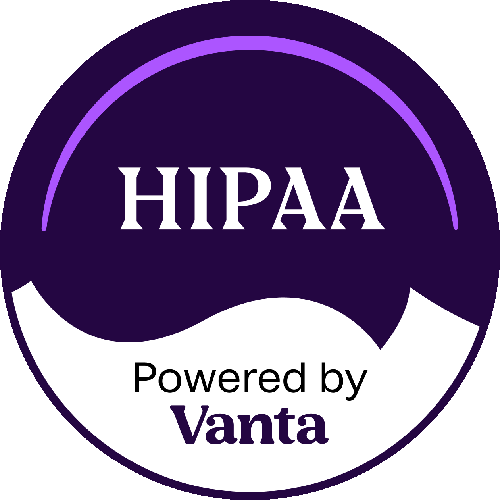Digital Archiving in the Pharmaceutical Industry

In the pharmaceutical industry, both businesses and patients depend heavily on the integrity and confidentiality of documentation. In the highly regulated world of drug manufacturers, preserving records is a critical requirement for business continuity. As our world continues to advance from a technological standpoint, pharmaceutical corporations need to embrace the digital archiving of records in order to ensure the health of patients and the industry.
Minimize Compliance Risks
The U.S. Food and Drug Administration’s basic rules for the 
validation of electronic records and electronic signatures are outlined in an extensive compliance regulation, known as CFR part 11. One major advantage of implementing a digital content management system is the simplicity of falling into compliance with CFR part 11.
In the pharmaceutical industry, a high level of confidence in the longevity of records is needed because the business depends on the information contained. A document management software system
can preserve documentation for an infinite length of storage time while protecting the look and feel of original documents, a key element of preservation under CFR part 11.
Maintaining HIPAA (Health Insurance Portability and Accountability Act) compliance is another complex, yet mandatory regulation for organizations in the healthcare field. Within this system, policies must be set company-wide to protect data from being wrongfully modified. A singular document management repository automatically logs which user performed an action to a document, which documents were modified, where within a document changes were made and when the action occurred.
Eliminate Costly Storage
Along with traditional Human Resources paperwork, such as payroll information and sensitive employee onboarding documents, pharmaceutical companies retain a large number of files including lab data, clinical research records and databases of raw prescription data. Al this information is crucial to business from a knowledge management and compliance point of view, so it must be properly stored.
Regulatory requirements define a two-year retention period for all documentation supporting the filing for a new drug approval. Yet patent disputes or legal actions from patients can dictate a whole new set of rules for documents and data retention. Because of this risk, many pharmaceutical companies retain paper copies indefinitely, but also experiencing astronomical storage costs to do so. By implementing an electronic document management system, pharmaceutical firms are able to reduce 80% of storage costs including file cabinets, folders and printing materials, while also freeing 40% of office space.
Improve Document Accessibility & Time Management
The ultimate goal of effective records management is fast, easy, and accurate retrieval. As knowledge based organizations, pharmaceutical companies have a constant need to access records in their archives and distribute them to a variety of internal and external agents. Through advanced document workflows, a document management system allows stored files to be accessed and shared immediately, often without manual intervention.
Along with space and time management issues, several pharmaceutical organizations are storing these electronic records within a singular document management system, to streamline document retrieval from a matter of hours to mere seconds.
The industry is now dealing with a whole new group of original, digitized records with dynamic content and features that need to be preserved and accessed over time. These records include a multitude of digital files generated by numerous devices and applications outlining the life cycle of a drug. Digital archiving software simplifies the management of documentation to streamline productivity while ensuring confidentiality to provide pharmaceutical firms the ability to stay current with trends in technology.



